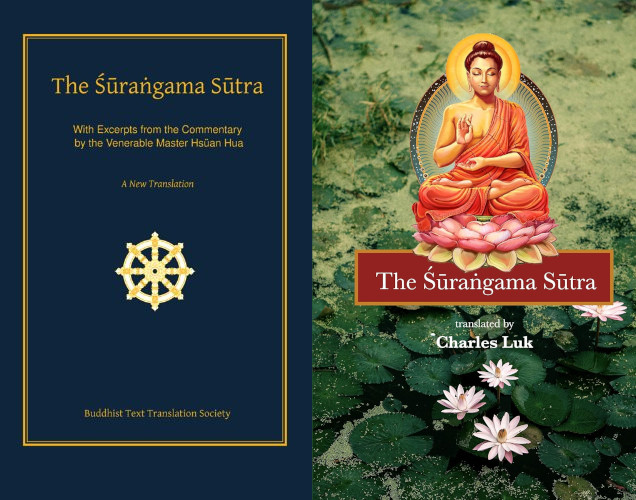"Loyalty is a precious quality that we have almost lost sight of today. Instead of loyalty, almost everyone talks about freedom, (this is especially true of relationships. The idea is that if two people come together in freedom, each can walk out of the arrangement. This is supposed to be a complete safeguard against unhappiness. Unfortunately, even where both are free to walk out – where there are no obligations, no bonds, not even any ties – they go on doing this over and over and do not acquire the capacity to love. Without loyalty, it simply is not possible to love deeply."
Allthough this quote is originally about the romantic love between 2 individuals, I found that it also actually applies to every kind of relationships, between 2 persons, between groups and individuals, and within groups such as teams, schools, companies, churches, countries...
People sometimes leave organizations for they believe they were not giving them their due, or because, for whatever reason, they just did not wish to participate anymore.
"I don't like it anymore, I don't get what I want anymore, I quit."
When life does not turn out the way one would love, one may decide to quit.
Not only is this a spoiled kid and selfish attitude, but it will simply not solve the problem. Things do not get better when we quit. It may feel better for a while, but eventually, the same situation will occur again until the individual (if he left) or the group (if it kicked the individual out) has the courage to address and solve it.
If on the contrary both parties decide to stay and try to solve the problem together, then it might be solved, and both party might grow from it.
When things go well, loyalty is easy. When they don't, loyalty is about fixing them together. And it is not easy, but it is the only way to go. If you try to escape by quitting, a similar situation will occur again, until you decide to address it and solve it. I have seen this happen, again and again (to me too). There is no escaping. You may try, you won't succeed. You might as well accept things now, and work them out.
And this my friends, might well be one way Karma works.



